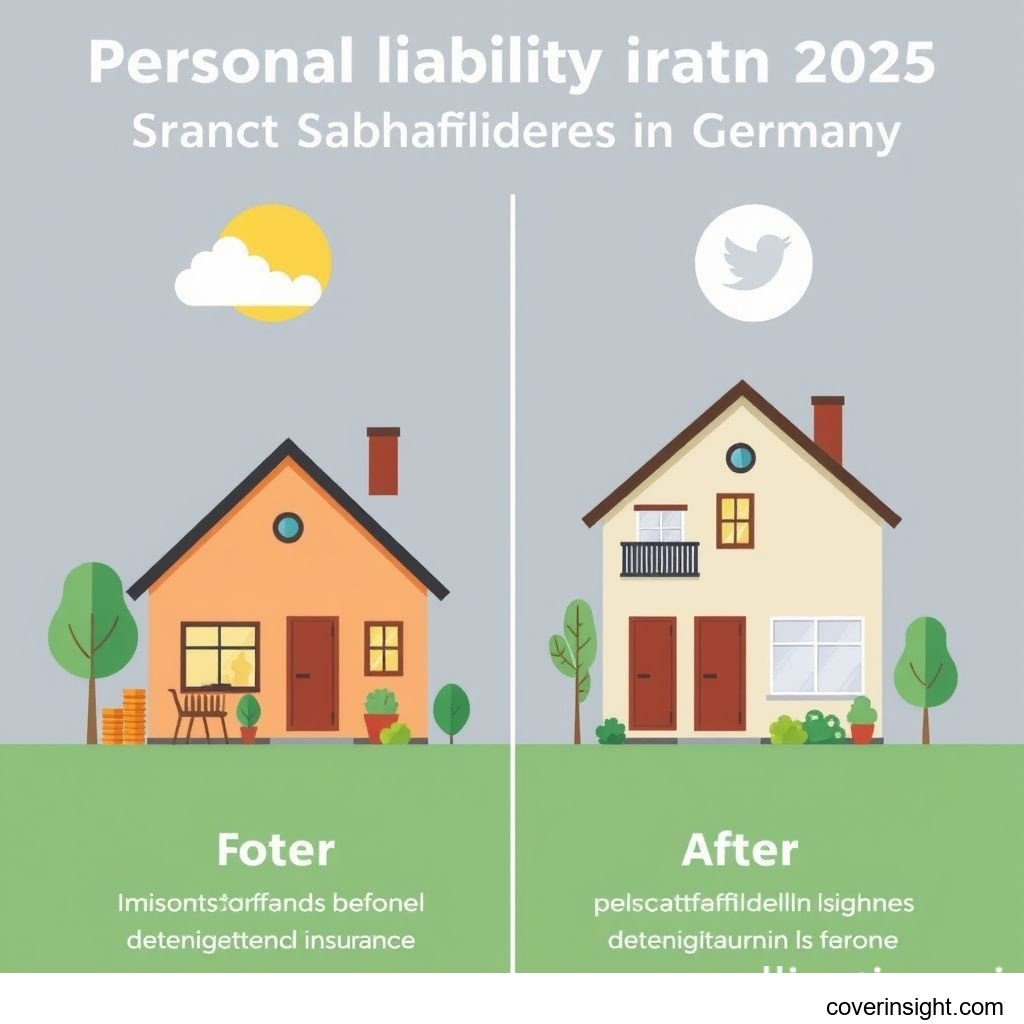PKV GKV Vergleich 2025: Die Klügere Wahl für Sie
Introduction
Choosing the right health insurance in Germany can feel like navigating a dense forest, especially with the ever-evolving Familienversicherung Regelungen in Deutschland for 2025. For many, particularly families, understanding these nuances is not just important – it's absolutely crucial for financial stability and peace of mind. The decision between the public statutory health insurance (GKV - Gesetzliche Krankenversicherung) and private health insurance (PKV - Private Krankenversicherung) isn't merely a matter of preference; it's a strategic long-term choice that impacts your wallet, your access to healthcare, and the well-being of your loved ones. This comprehensive comparison aims to shed light on which path might be the smarter choice for your specific situation.
Coverage Details
What’s Included
In the GKV, the principle of solidarity dictates that everyone receives a standardized level of care. This includes doctor's visits, hospital stays, prescribed medications, and basic dental care. The significant benefit for families is the Familienversicherung, which allows spouses and children (under certain income and age limits) to be insured free of charge under the main policyholder's plan. It’s a huge relief for many families, ensuring that the cost of healthcare doesn't multiply with each new family member. For more comprehensive information, you can explore general guidelines on Insurance Resources Global.
The PKV, on the other hand, offers a highly customizable range of benefits. While the GKV provides a "good enough" standard, PKV plans often include access to private doctors, single or double rooms in hospitals, broader coverage for alternative therapies, and more extensive dental benefits. Each family member, however, generally requires their own separate policy, and thus, their own premium. This means that while a single high-earner might find PKV more affordable than GKV, a family with several children could face significantly higher overall costs in the PKV compared to the GKV's free family coverage. For insights into the German market specifically, DE Insurance Home can be a valuable resource.
Common Exclusions
Regardless of whether you choose PKV or GKV, there are certain common exclusions or limitations. Elective cosmetic surgeries, for instance, are rarely covered unless medically necessary. Certain experimental treatments or very specific alternative therapies might also fall outside standard coverage. In the GKV, you might encounter co-payments (Zuzahlungen) for medications or hospital stays, and some services might require prior approval. PKV policies, being tailored, will list their specific exclusions clearly in the contract; it’s essential to read these "auf Herz und Nieren prüfen" (to scrutinize them thoroughly) before committing.
Cost Analysis
Price Factors
For GKV, your premium is primarily based on your income, up to the Beitragsbemessungsgrenze (contribution assessment ceiling). This means that even if you earn significantly more than this ceiling, your GKV contribution will cap out. The contribution rate is uniform across all GKV providers, though supplementary contributions (Zusatzbeitrag) vary slightly between Krankenkassen. The beauty of GKV, as mentioned, is the cost-free Familienversicherung, making it incredibly attractive for families where only one parent is a high-earner, or where both parents earn below the threshold for compulsory private insurance.
PKV premiums, however, are calculated differently. They depend on your age at entry, your health status (medical examination often required), and the scope of benefits you choose. Unlike GKV, your income generally plays no direct role in determining your PKV premium. This means that for young, healthy individuals, PKV can initially be significantly cheaper than GKV, especially if they earn above the Beitragsbemessungsgrenze. However, premiums typically increase with age, and there's no free family coverage; each dependent needs their own policy, making it potentially very expensive for families.
Saving Tips
When it comes to the GKV, while the base contribution is fixed, you can save by choosing a Krankenkasse with a lower supplementary contribution. Many GKV providers also offer bonus programs for preventative care or healthy lifestyles. For PKV, a higher deductible (Selbstbehalt) can reduce your monthly premium, but be prepared to pay more out-of-pocket for smaller claims. Some PKV providers also offer premium refunds if you don't submit any claims for a year. Prevention is key in both systems; staying healthy means fewer doctor visits and lower costs in the long run.
FAQs
-
How much does Familienversicherung Regelungen cost?
In the GKV, for eligible family members (spouse, children), Familienversicherung is generally free. The main policyholder pays their income-based contribution, and dependents are covered without additional cost. In PKV, there is no direct "Familienversicherung"; each family member requires their own individual policy and thus incurs a separate premium.
-
What affects premiums?
For GKV, your gross income (up to the Beitragsbemessungsgrenze) and the individual Krankenkasse's supplementary contribution rate are the primary factors. For PKV, your age at entry, your health status, and the specific benefits package you choose are the key determinants.
-
Is it mandatory?
Yes, health insurance is mandatory for all residents in Germany. You must be covered by either GKV or PKV.
-
How to choose?
The choice hinges on several factors: your income level (whether you exceed the PKV income threshold), your family situation (number of dependents), your long-term career prospects, and your personal preference for healthcare services. For example, according to data from the Statistisches Bundesamt, approximately 90% of the German population is covered by GKV, highlighting its widespread suitability, while a significant portion of self-employed individuals and high-earners opt for PKV.
-
Consequences of no coverage?
If you fail to have health insurance, you will face significant consequences, including fines and being forced to enroll in either GKV or PKV, potentially with back-payments for the period you were uninsured. The BaFin - Federal Financial Supervisory Authority oversees this regulatory landscape, ensuring compliance.
Local Insight & Real-World Example
Choosing between PKV and GKV is often a long-term strategic decision. Consider the case of the Müller family from Munich. Herr Müller, a software engineer earning well above the Beitragsbemessungsgrenze, initially considered PKV because it was cheaper for him alone than GKV. However, with two young children and his wife, a freelancer whose income fluctuated, they realized that the free Familienversicherung in GKV for his wife and children made the GKV the far more cost-effective choice overall. Had they opted for PKV, they would have had to pay individual premiums for all four family members, which would have amounted to significantly more per month. As someone living in DE, I often see this scenario play out; what initially seems cheaper for an individual can quickly become an unmanageable financial burden for a growing family in the private system. Conversely, a self-employed person with no dependents might find the tailored benefits and lower initial premiums of PKV to be a perfect fit. The GDV - German Insurance Association provides valuable general information on how various insurance types function within the German system, which can help in understanding these complex trade-offs.
Author Insight & Experience
Based on my experience navigating the German insurance landscape, one common pitfall is focusing solely on the immediate monthly premium without considering the long-term implications, especially regarding age-related premium increases in PKV or the invaluable benefit of Familienversicherung in GKV. It's not just about what you pay now, but what you might pay in 10, 20, or 30 years, and how your family situation might evolve. The "Eine andere Baustelle" (a different construction site/another matter entirely) often neglected is the ease of switching back from PKV to GKV – it's notoriously difficult once you've made the leap to private. My advice, therefore, is to not just look at the numbers, but to think about your life's trajectory and to seek independent advice.
Further reading: Insurance Resources Global
Further reading: DE Insurance Home






Comments